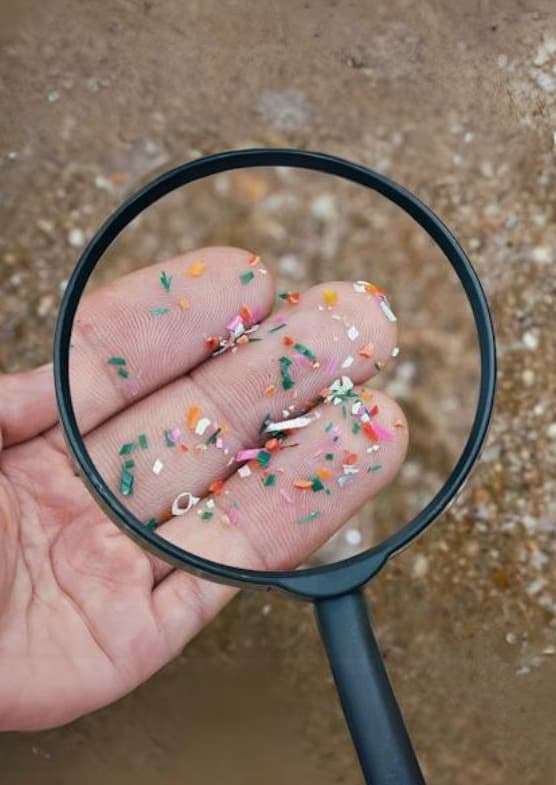We’re excited to have Professor Richard Thompson, professor of Marine Biology talking at SpaFest this year. Professors Thompson’s talk is in his own words “factually grounded scientifically evidence presentation” which will bring clarity to everyone on the subject of microplastics and beads and how they may affect future health.
Richard has been working on the effects of plastic in the marine environment for more than twenty years and in recent times, the research of Richard and his colleagues has helped governments around the world bring about real change in the use of microplastics in consumer products.
In 2004, Professor Thompson’s team showed that ‘microplastic’ particles have accumulated in oceans since the 1960s and are now present worldwide. Microplastic debris now contaminates shorelines worldwide, that they are present in substantial quantities in remote locations such as the deep and the Arctic. A range of marine organisms including commercially important species can ingest these pieces and laboratory studies have shown there is potential for this to lead to harmful effects.
In 2016, US president Barack Obama signed a bill outlawing the sale and distribution of toothpaste and exfoliating or cleansing products containing microbeads which are a type of microplastic. In July this year, the UK Government followed suit.
Following a public consultation, the Department for Environment, Food and Rural Affairs (Defra) said a ban would be brought in on microplastics in “rinse-off” cosmetics and personal care products like toothpaste. A Greenpeace UK campaigner commented that the proposed ban was “the strongest ban on microbeads in the world”.
In his talk ‘How concerned should we be about microplastics?’ Professor Thompson will cover the topics of what microplastics are, the evidence is for accumulation and impacts and, importantly, what can be done to reduce microplastic contamination.
If you would like to find out more about the topic and the research carried out by Professor Thompson and his team, visit the website of the International Marine Litter Research Unit: www.plymouth.ac.uk/research/marine-litter




